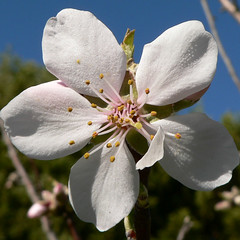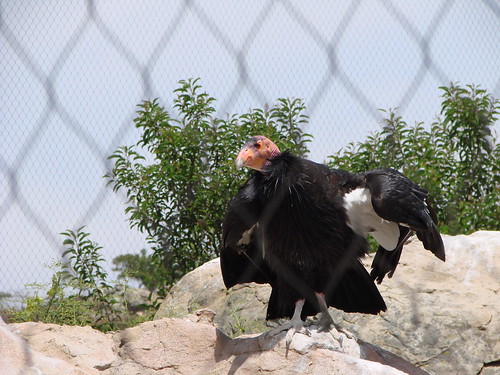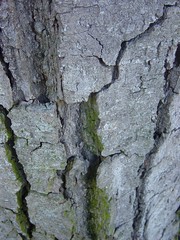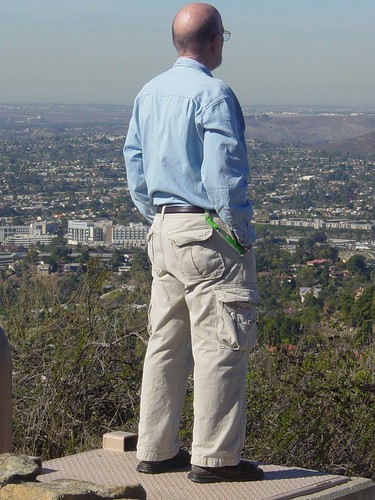Julana tagged me for
this meme.
Here goes.
I'm supposed to list 4 jobs I've had.
I was a bean picker for my parents, at 3 cents a pound. This was while in late grade school and in high school. I could pick 200 pounds a day, and so could two of my brothers.
I was a pigeon and dove sexer (don't ask how this was done) for the Genetics Department of the University of Wisconsin. My research for a doctorate was on the genetics of blood antigens in such birds, and was pretty unimportant, except that I got a doctorate. We had to set up matings to do genetics, and we had to know the sex to do matings.
I was a professor at
Southern Wesleyan University for 41 years. I taught biology, and some computer, math, physics, physical science, statistics and research, plus helped with a few inter-disciplinary seminars, and once each I taught health education and science fiction.
I'm currently an assistant babysitter for my grandson. (To my wife)
4 places I've lived:
Rural Sawyer County, Wisconsin. The high school I attended had only 15 members in my graduating class. My first school was a one-room country school. I believe I was the first male who finished that school to ever graduate from high school.
Madison, Wisconsin, while in graduate school. I spent six years there, which is more than most people take, but I wasn't in a hurry. I discovered C. S. Lewis in the children's section of the university library. I was involved in a newly planted church (which closed a few years after I left Madison.)
Dayton, Tennessee, while on a year's sabbatical at
Bryan College.
San Diego County, California, while babysitting. (Our daughter has been deployed to a military base six hours away, and our son-in-law travels a lot.)
(I know, that's four, but . . .) We have lived in Pickens County, South Carolina, for most of our lives.
4 vacations I've taken:
For our twenty-fifth anniversary, we drove from Michigan to near Toronto, where we caught a train to Nova Scotia, where we spent several days. That was a good vacation. On the way back to Michigan, we happened upon Stratford, Ontario, and fell in love with the flowers, etc., there. Since then, all of our immediate family have spent a few days there, sometimes seeing a play or two (there is a Shakespeare festival there, nearly year around) and sometimes not. That's two vacations.
For our retirement, our daughters and sons-in-law planned, and helped finance, a trip to Washington and Oregon, with side trips to near Victoria, BC, and to extreme NW California.
Since my family lived in the Midwest, we didn't take vacations of any length, except to see my parents and whoever was living near them for several years after we married. But the four of us did go to Florida once, and, among other things, visited the Everglades and saw a coral reef from a glass-bottomed boat.
4 vehicles I have owned.
See
here for more information on this matter.
My first car was a 1964 GMC Handi-van, with no A/C, and manual transmission.
We have owned a couple of Taurus station wagons, and three Honda sedans, plus a few other cars, mostly Chrysler products.
If anyone wants to do this, because of reading this, please do so. If you would be so kind, comment that you have, giving the URL if possible. If you want to, tag four other persons to do the same.
Thanks for reading.










